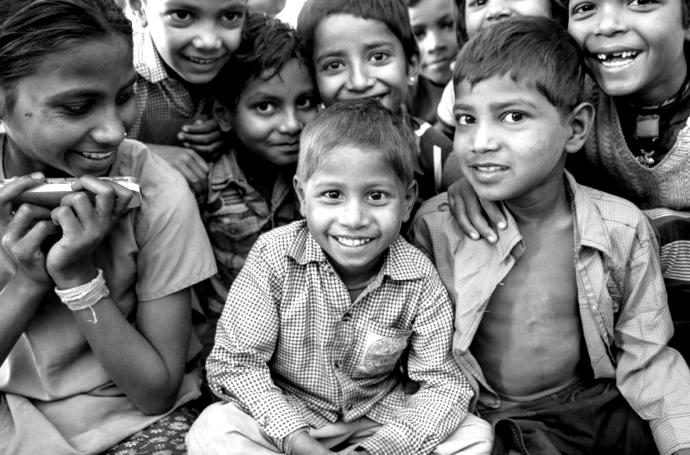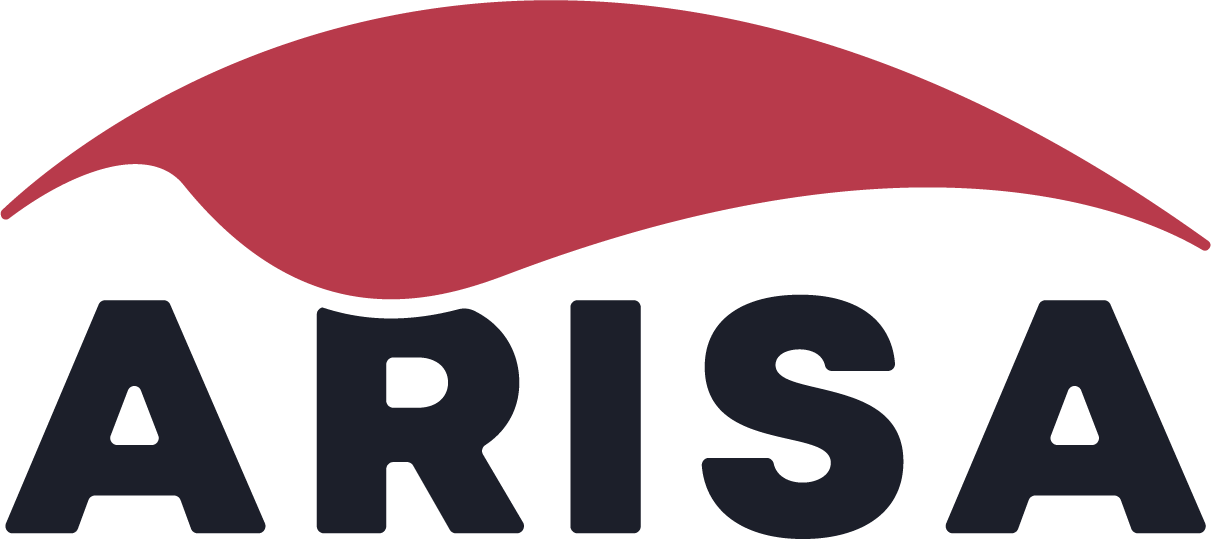Arisa – Advocating Rights in South Asia – works to improve respect for human rights and labour rights in international supply chains.
Working with civil society partners in India, Bangladesh and Pakistan, among other countries, we expose human rights and labour abuses in the production of garments, leather, natural stone, and vegetable seeds, and we call on companies and governments to ensure that rights are respected.
We prioritise the position of the most vulnerable groups in global supply chains and work to eliminate child labour, forced labour and caste discrimination.

How does Arisa work?
Working with its partners in South Asia, Arisa investigates labour conditions and raises concerns with Western companies when labour abuses are found in their supply chains. Companies have an obligation to prevent and redress violations in their supply chains. If they demonstrate a serious commitment to doing so, we enter into dialogue and collaboration with them.
Arisa also calls on governments to take responsibility for human rights abuses in supply chains. Governments can improve working conditions and promote socially responsible business practices in global supply chains through policy, legislation, persuasion, monitoring and diplomacy.
Arisa works with Dutch, regional and international networks to promote responsible business policies and practices, and labour-rights-protecting legislation. Further, we argue that governments should set a positive example by implementing clear human rights requirements in their own procurement processes.
Arisa supports South Asian partners in improving the situation of workers in supply chains, for example through joint research and publications, communications, dialogue, training, and setting up and assisting with access to grievance mechanisms. Arisa promotes communication between companies, civil society organisations and trade unions about abuses and risks in supply chains.
Results

Arisa not only identifies abuses and malpractices but also seeks structural improvements in supply chains. We are committed to improving living and working conditions in South Asia. Outcomes of our work include more children in school rather than at work, ending exploitation, improving wages, better working conditions for women and members of Dalit communities, and reinstating dismissed union members.
South Asia
Arisa works in South Asia, where many Western companies source their raw materials or outsource their manufacturing operations. The countries of South Asia, including India, Bangladesh and Pakistan, are densely populated and have an abundance of cheap labour. They also harbour deep-rooted discrimination against Dalits (members of the caste that is officially referred to as ‘scheduled castes’ in India’s constitution) and other socially marginalised groups.
South Asian women and girls very often experience worse treatment than men. Trade unions are few, and trade union freedom is under pressure.
All this, combined with weak government regulation and enforcement, makes labour rights violations widespread in South Asia.
History
Arisa originated from the India Committee of the Netherlands in 2019. Learn more about the organisation’s history here.
